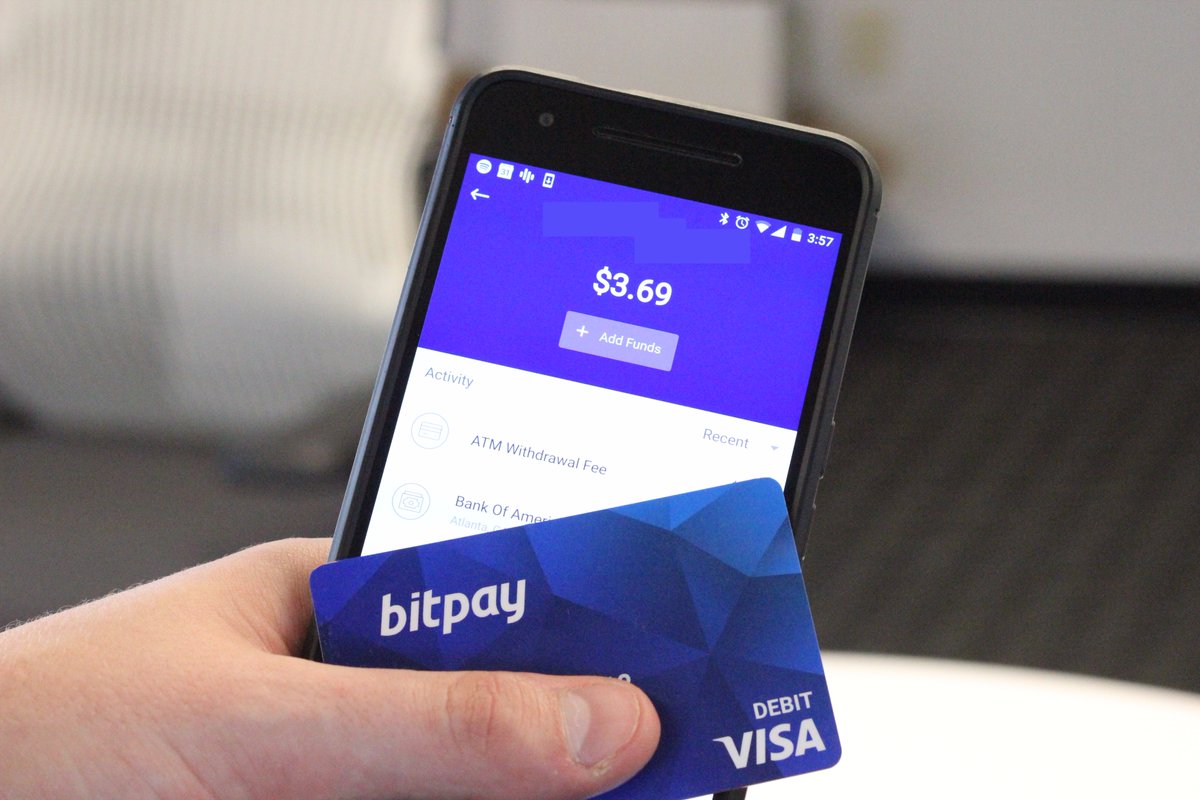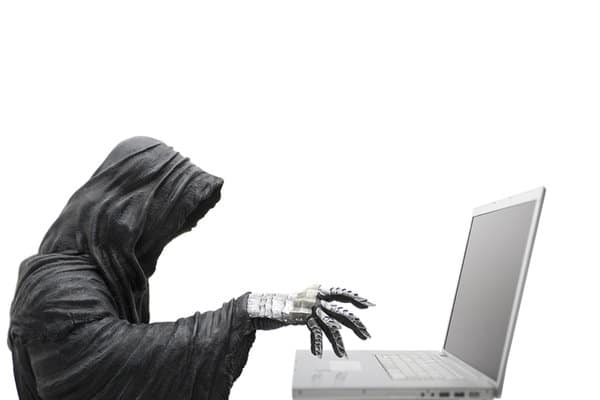The open-source ledger behind bitcoin is touted as revolutionary for everything from banking to health, but the jury is still out
The speculation around cryptocurrencies has obscured the fact that blockchain, the decentralised, open-source ledger that drives bitcoin, could radically change how ownership is verified.
While the value of the main cryptocurrencies fluctuates, “blockchain” remains a lucrative buzzword that companies have found is a magnet for funding. But cutting through the hype, could blockchain technology really revolutionise the way anything from banking to education is run?
The blockchain allows people to create digital property independently of third parties and belief-based methods of recording ownership. Time-stamped data entries are append-only and always accessible, partly because the database is stored across a network of computers rather than a central server.
“Blockchain has the potential to replace mediators who are present today in multiple industries to provide transparency and accountability, such as banks for financial transactions, universities for verifying academic certificates or music companies to reward music creators,” says Dr David Galindo, a senior lecturer at the University of Birmingham and a cryptography expert.
Calls that industries are about to experience a transformation equal to the leap between analogue and digital may be an overstatement. More sober predictions put its future impact as potentially comparable with the rise of internet-based platforms as business models.
“It could transform industries whose main purpose is mediating in asset transactions in a similar way that Amazon, Uber and Airbnb have changed retail, transport or accommodation,” says Galindo.
OpenBazaar, a blockchain-based, decentralised online marketplace that has been active in its current 2.0 iteration since November 2017, is one such example. It is free to use, unlike eBay, Amazon and others, because trading is done peer-to-peer without an intermediary that demands a percentage from each transaction. Its model could, theoretically, be extended to any common market.
There is, however, no academic consensus on whether the nascent technology will actually change much.
“I don’t think there are any “real-world” applications that can only be achieved by using blockchains, at least if one is willing to trust in traditional institutions,” says Sarah Meiklejohn, an associate professor in cryptography at University College London who’s been researching blockchains for six years.
“For most people in the developed world, these are not problems that need to be solved. If I want to send money, I use my bank account; if I want to prove my identity, I use my passport.”
“The best arguments I’ve heard for these technologies are thus either in the developing world, in which access to these institutions is not as easy (or they don’t exist at all), or in more speculative applications where all the stakeholders really are mutually distrusting.”
The blockchain can be used to provide services traditionally monopolised by banks, such as electronic funds transfers, through smartphones and bypass bureaucracy in the disbursement of aid to refugees.
Nonetheless, the lack of a killer application is a reason to be sceptical.
“There are also issues around things like scalability and governance that need to be resolved before these technologies can achieve their full potential. Ultimately, we’ll just have to see what happens,” adds Meiklejohn, acknowledging that such arguments were made in 2014 amid cries of “bitcoin is dead” when the currency plummeted, three years before it reached almost $20,000 a coin.
Some suggest the technology could be best suited for organisations that wish to be as accountable as possible or open up what was previously locked away in databases.
A variety of small charities such as Ourmala, an organisation providing yoga classes for refugees, have adopted a blockchain-based platform through Giftcoin, which tracks each donation’s journey and alerts donors to how their money was spent.
Source/More: Blockchain is this year’s buzzword – but can it outlive the hype? | Technology | The Guardian















